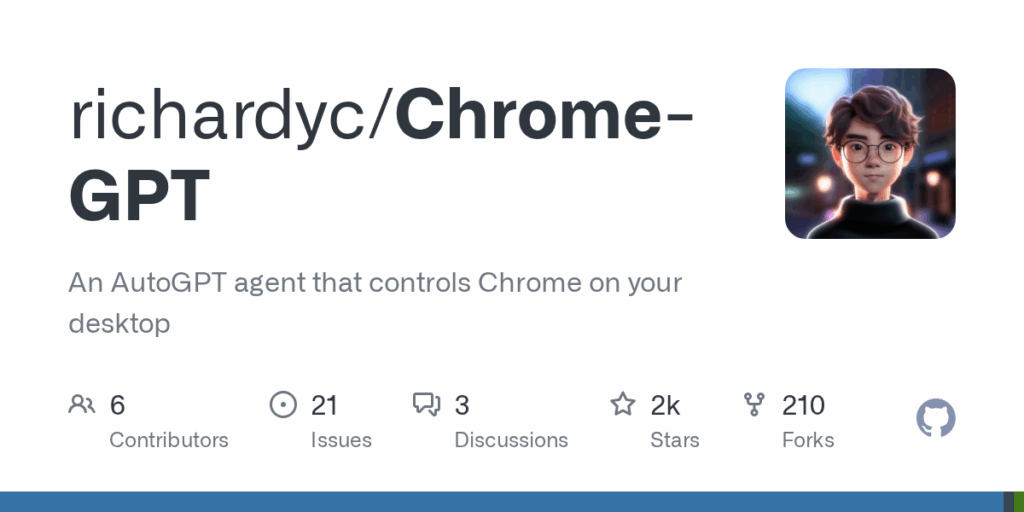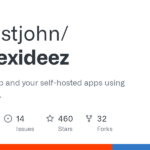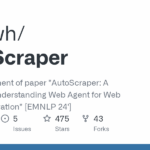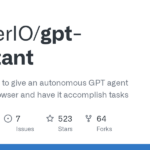Chrome GPT
Basic Information
Chrome-GPT is an experimental AutoGPT agent that programmatically controls a Chrome browser session to perform web tasks. The repository provides a ready-to-run agent that uses Langchain and Selenium to let a large language model scroll, click, input text, switch tabs, and generally navigate and manipulate web pages. It is intended for users who want to prototype or demo autonomous web interactions from natural language prompts, for example searching for venues and filling out contact forms. The project is explicitly experimental and warns that the agent may take incorrect actions. The README includes a demo use case, basic CLI usage via python -m chromegpt, and setup instructions such as providing an OpenAI API key and installing dependencies with Poetry. The tool supports different agent types and model selection and can run headless or with a human-in-loop option for Auto-GPT.








